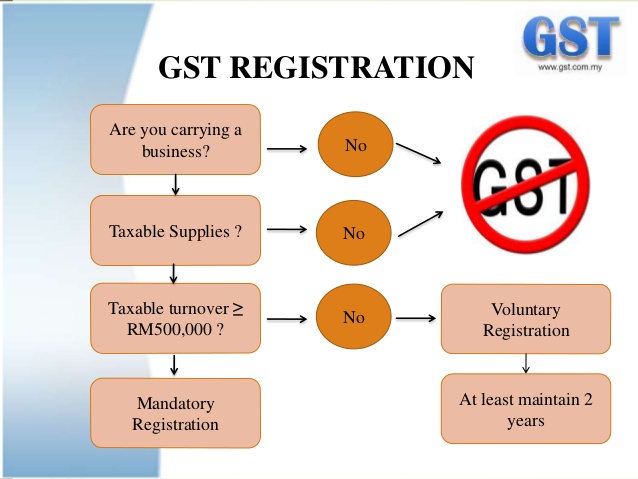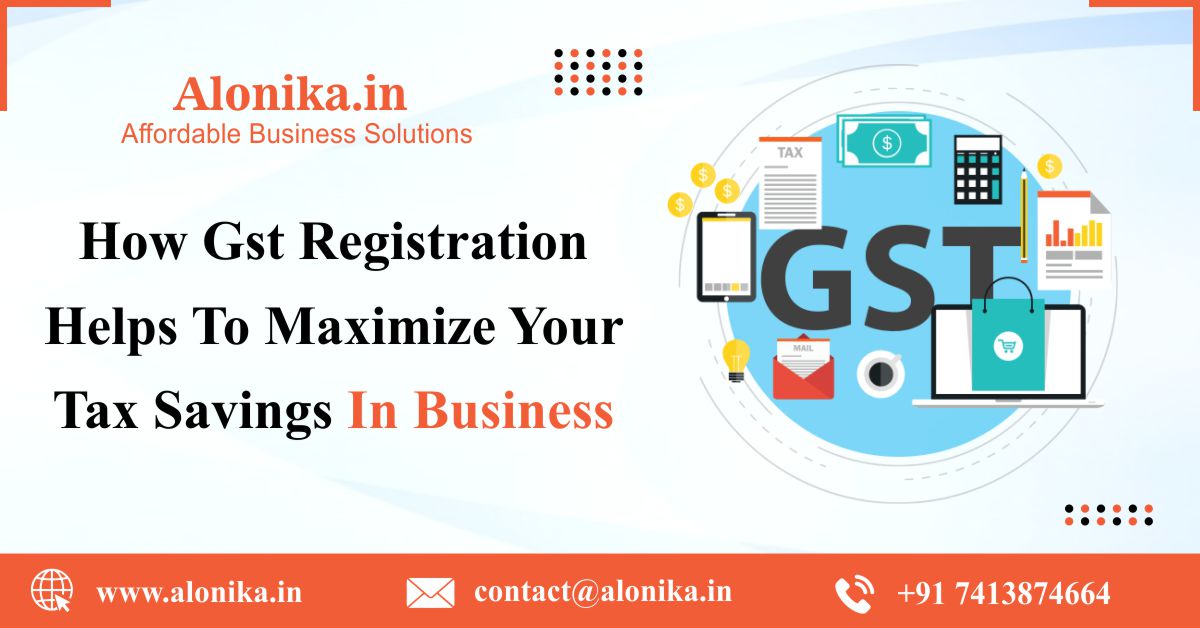Singapore GST Registration: What You Need to Know Before Using
Singapore GST Registration: What You Need to Know Before Using
Blog Article
The Ultimate Guide to Simplifying the GST Enrollment Refine and Requirements for Small Company Owners

Comprehending GST Fundamentals
To understand the basics of the Goods and Services Tax Obligation (GST) system, small company proprietors need to first comprehend its underlying ramifications and principles. GST is a value-added tax obligation imposed on a lot of products and services for residential usage. It aims to improve the taxation procedure by changing multiple indirect tax obligations enforced by the state and central governments. Under the GST regimen, services are needed to gather and register tax obligation in behalf of the government, making certain openness and compliance.
One of the essential concepts of GST is input tax obligation credit scores, which enables organizations to assert credit scores for tax obligations paid on their acquisitions. Recognizing these standard concepts is crucial for small business owners to navigate the complexities of the GST system and guarantee compliance with the legislation.
Eligibility Requirements for Registration
Having established a foundational understanding of GST principles, small company owners must now meet specific qualification standards to continue with the enrollment procedure. In India, entities took part in the supply of products or services with an annual accumulation turn over going beyond Rs. 40 lakhs (Rs. 10 lakhs for unique classification states) are needed to register for GST. Additionally, particular organizations such as those associated with inter-state supply of products, laid-back taxable individuals, and those called for to pay tax obligation under the reverse charge mechanism should register for GST regardless of their turn over. Moreover, companies that were registered under the previous tax obligation routine (VAT, solution tax obligation, etc) are also mandated to sign up under GST. Agricultural businesses that just supply generate out of main manufacturing are exempt from GST registration. It is vital for service proprietors to very carefully evaluate their qualification based on these standards to ensure conformity with the regulation and avoid any kind of fines for non-compliance.
Files Needed for GST Enrollment

Simplified Enrollment Refine Steps
Adhering to the collection and verification of the requisite files, the enrollment procedure for GST can be navigated with a collection of streamlined actions developed to help with effective compliance for tiny service proprietors. Upon successful confirmation, an Application Referral Number (ARN) is provided, indicating the completion of the GST registration procedure. By adhering to these streamlined actions, small service owners can efficiently sign up for GST and guarantee compliance with tax regulations.
Tips for Ensuring Compliance
To maintain regulatory adherence and functional honesty, attentive oversight and aggressive steps are essential in making certain compliance with GST needs for local business proprietors. Local business proprietors should stay updated with GST laws, filing due dates, and any kind of adjustments in tax rates to stay clear of fines and preserve a great standing with tax obligation authorities. One important idea for conformity is to keep in-depth and precise records of all transactions, consisting of billings, expenditures, and receipts connected to GST. Regularly resolving financial records with GST returns can help in determining and rectifying any disparities immediately. In addition, performing periodic internal audits or looking for expert help can guarantee that the organization is complying with all GST guidelines appropriately. It is likewise critical for local business owners to purchase GST-compliant accountancy software application that can simplify the tax obligation filing procedure and minimize mistakes. Participating in GST go to my site understanding workshops or training programs can enhance understanding and compliance with GST laws, ultimately go right here profiting the business in the lengthy run.
Final Thought
Finally, small company proprietors should comprehend the basics of GST, satisfy the eligibility criteria, collect necessary files, and follow the streamlined enrollment process steps to make certain compliance. By streamlining the GST enrollment process and demands, small organization owners can avoid penalties and run their businesses smoothly within the legal structure - Singapore GST Registration. It is vital for small organization proprietors to stay certified and enlightened with GST laws to maintain an effective service operation
Little organization proprietors seeking GST registration should ensure they gather and send the needed records to finish the registration procedure efficiently. The files required for GST registration usually consist of proof of company enrollment or consolidation, FRYING PAN (Permanent Account Number) card of the business identification, entity and address evidence of the promoters/partners/directors, photographs, address proof of the area of organization, bank account declarations or canceled cheques, and consent forms. Going to GST awareness workshops or training programs can improve understanding and compliance with GST guidelines, eventually benefiting the company in the lengthy run.
By simplifying the GST enrollment procedure and requirements, small organization proprietors can prevent penalties and run their organizations smoothly within the lawful framework. It is crucial for little business proprietors to remain enlightened and compliant with GST regulations to preserve a successful service procedure.
Report this page